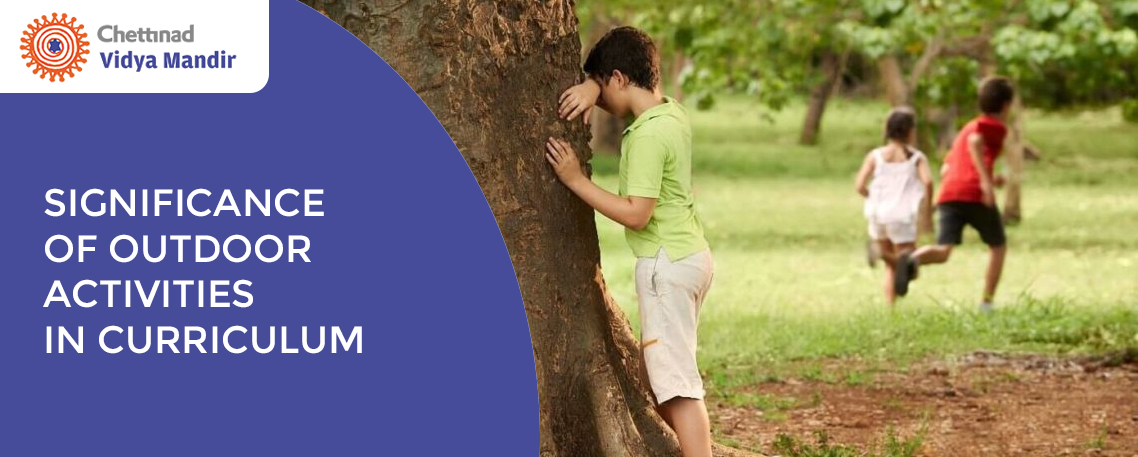Education is the most significant and important part of life. Education isn’t mere academic excellence but the overall development of an individual. A holistic approach to growth is crucial to surviving better in society.
Any habit one develops for a long time, along with will become their characteristic. The entire society contributes to the healthy development of a child. The responsibility of holistic development lies not just with parents of the children or the teachers but also with the society, a child born into. The environment created around a child greatly impacts his development. Children tend to learn a lot by observing their surroundings and the people they interact with.
The inner and outer self of a child should be equally nurtured. A perfect balance of indoor and outdoor activities leads to the development of the mind, body, and soul of a child.
Since all educational systems across the globe focus mainly on theoretical knowledge, we must shift the focus from the indoor studies to a balance between indoor and outdoor exposure.
What are the benefits of outdoor activities?
Innumerable are the advantages of outdoor activities in a curriculum.
- It promotes health
Implementation of outdoor activities would create a generation free of health disorders. It will reduce the number of people suffering from ailments such as cholesterol, blood pressure, diabetes, stroke, blockages in the heart, and obesity. Physical activities keep illnesses away. Mere focus on indoor studies leads to a lack of movement.
- Holistic development and growth
Outdoor activities engage the children in group activities which help in developing skills like socializing and dealing with issues and situations of different kinds. This helps children become confident in social beings irrespective of the circumstances they face.
- It ensures the virtue of respect
When equal weightage is given to outdoor activities, children learn to respect each other and the abilities of their peers.
Moving out would enable the students to see, observe, touch, and feel what they are studying. It makes education effective and opens up more learning avenues.

